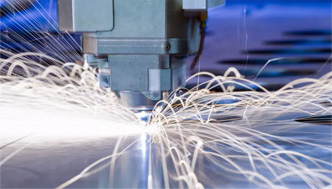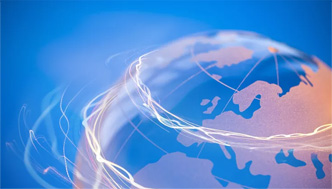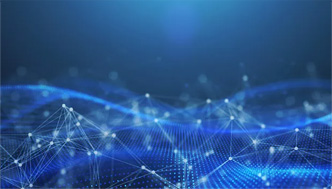Yesterday, on December 9th, I took the G90 high-speed train again after a ten-day interval. I departed from Xi'anbei Railway Station, heading in the same direction but not to the same destination. Last time it was Zhengzhou, and this time it was Beijing.
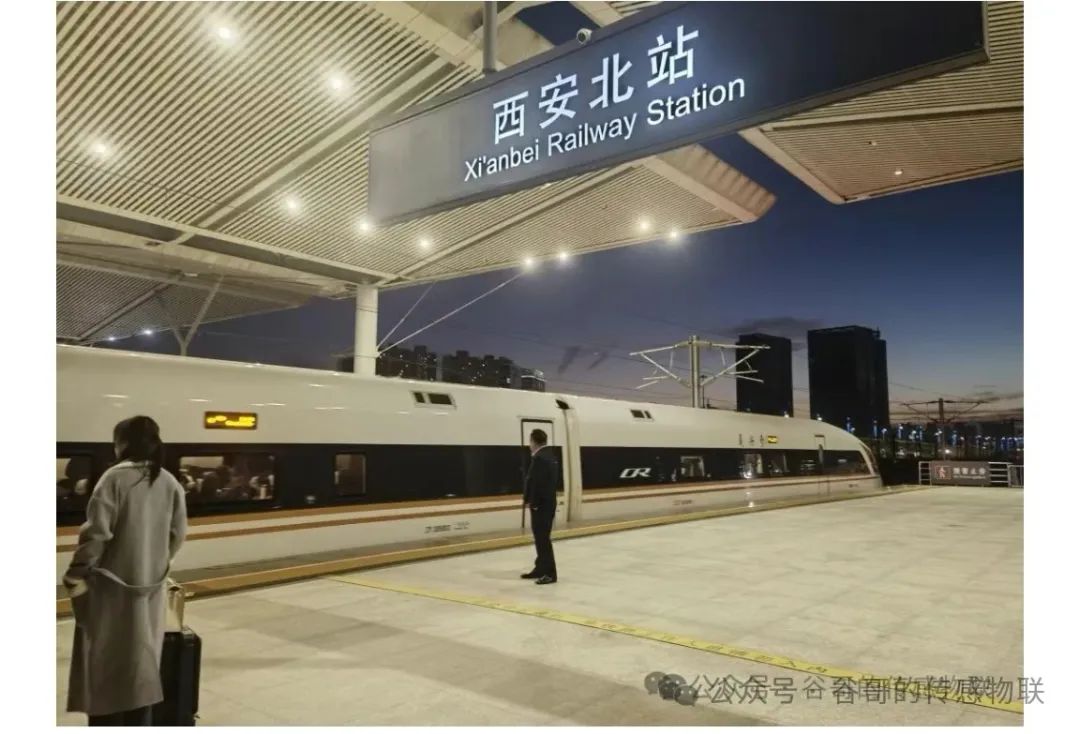
During the Major Snow solar term, the temperature in Beijing didn't seem as cold as expected. However, it seemed that there were no green leaves or green plants to be seen by the roadside. During the morning rush hour, traffic on the broad streets was still so congested and it was still so difficult to get around. When I was visiting clients and passing by the gate of Peking University campus, the gray gate tower stood against the not-so-bright sky, and a handsome guy in bright red clothes stood out particularly. This is Beijing in the winter of 2024, and also the little memories of my visit to Beijing again after more than a year.
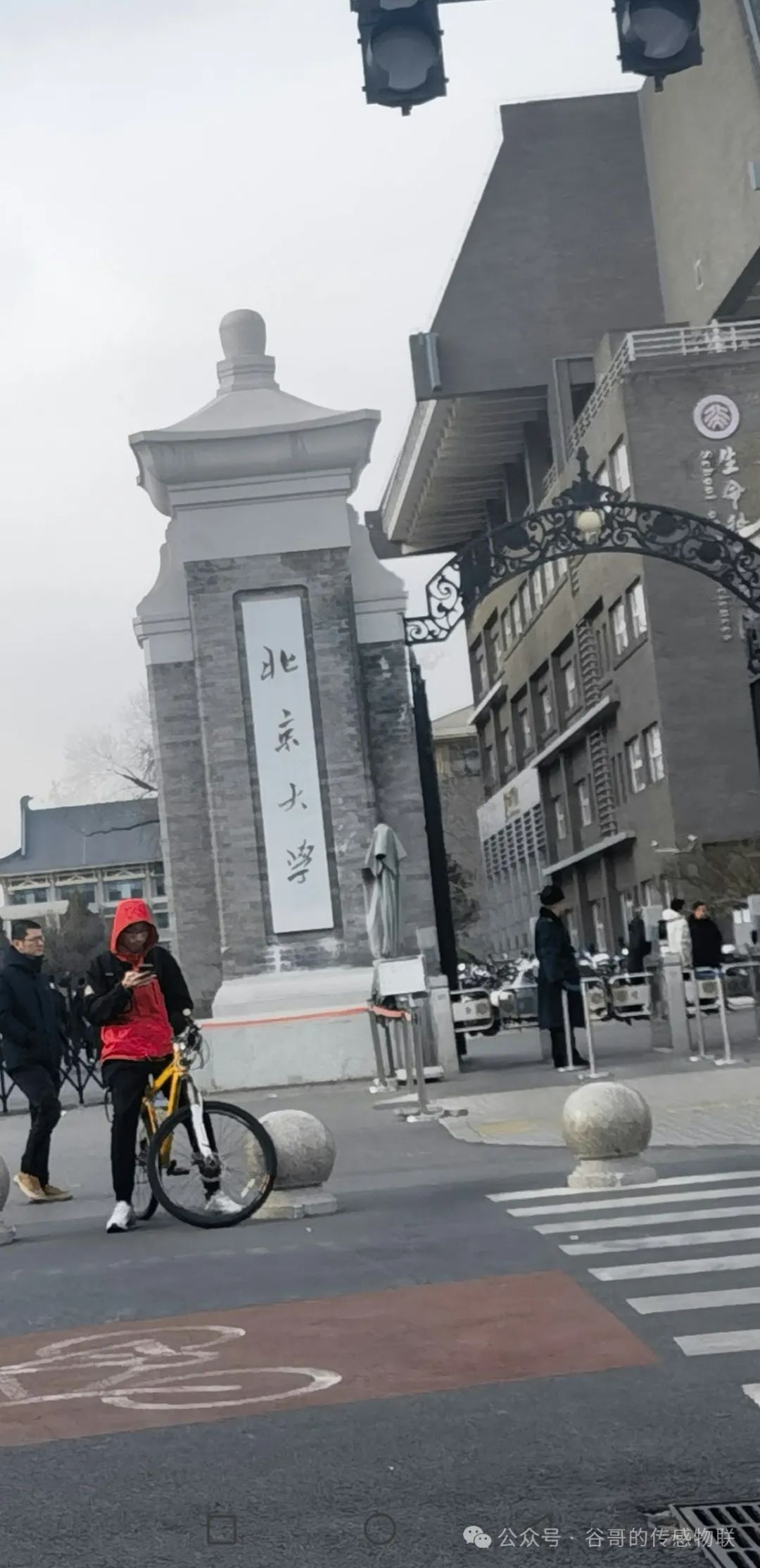
In the afternoon, I went to the office building of the All-China Federation of Industry and Commerce to participate in the handover ceremony for the rotating chairperson of the Internet of Things Committee of the All-China Federation of Industry and Commerce and the exchange symposium. I listened to the talks of the big shots in the Internet of Things from all over the country about the opportunities, challenges and problems faced by the current Internet of Things industry. I listened carefully and gained a lot.
In the digital economy, data is important, but valuable data is even more important. How to make use of data to make it more valuable is crucial. For digital transformation, it is necessary to make enterprise leaders truly understand the benefits of transformation to the enterprise instead of forcibly persuading and promoting it.
The development gap between China's artificial intelligence and that of the United States is not that big. What matters is that we should have an innovative consciousness and the courage and patience to innovate from scratch. iFLYTEK's voice recognition artificial intelligence system is doing quite well. I use iFLYTEK's voice recognition technology when writing articles.
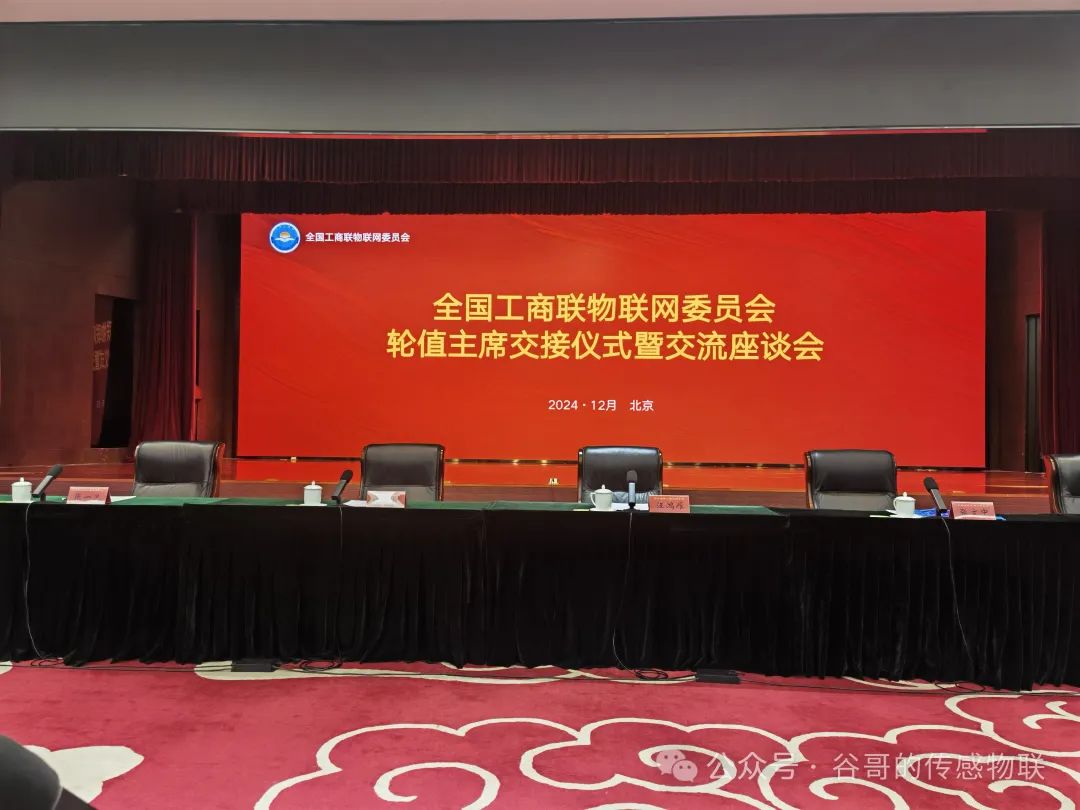
Specific Internet of Things applications always leave unforgettable memories. Mr. Zhang from Tianjin has hyperspectral water quality detection, pulverized coal thermal quality detection and wireless real-time detection system for lubricating oil quality; Mr. Pan from Jiangsu has satellite payloads, especially the fishery Internet of Things detection system; Mr. Song from Jiangsu has submarine ocean optical networks, and his Internet of Things systems in the marine field have attracted worldwide attention; Mr. Dai from Beijing has a 4-billion-piece RFID power grid asset management system; Mr. Bi from Qingdao has an Internet of Things system for the petroleum industry; Mr. Xie from Henan has Internet of Things systems for the fire protection and power industries; Secretary General Pan from Shanghai has suggestions on the mutual cooperation among Internet of Things alliances and associations in various places. These cases and suggestions won rounds of applause from everyone.
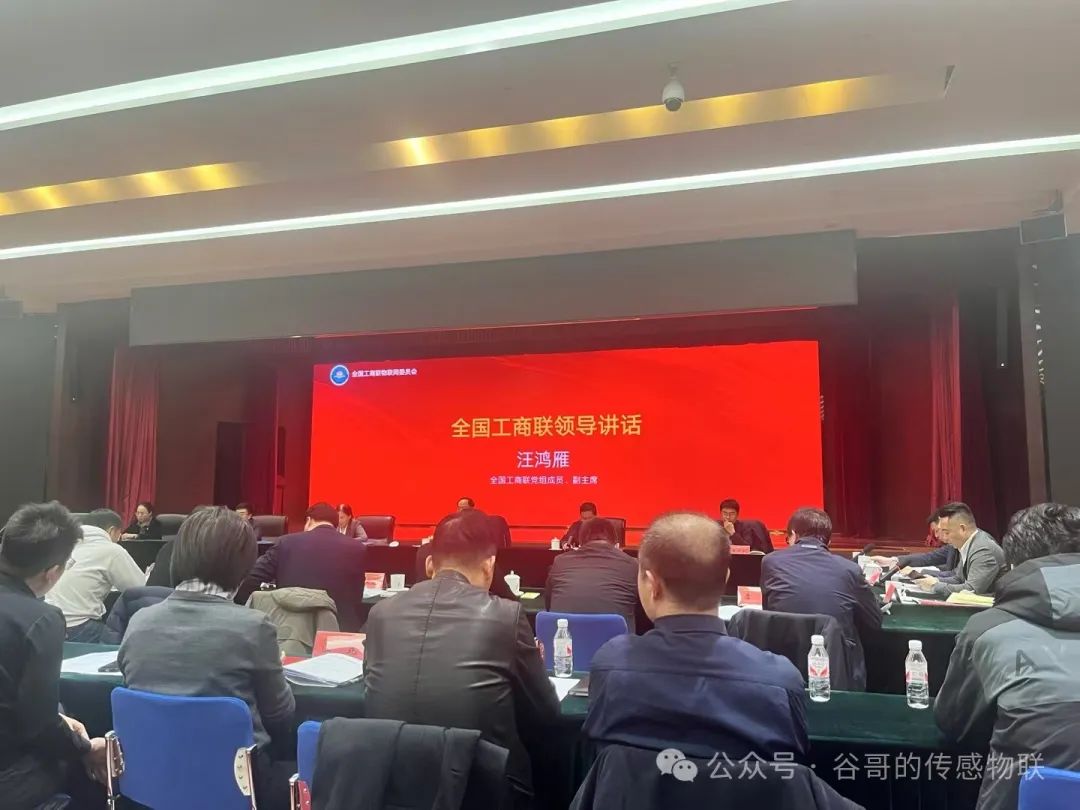
As a member of the Internet of Things Committee, based on years of specific work and understanding, I also gave an exchange speech for about ten minutes. The general outline is as follows:
Since former Premier Wen Jiabao put forward the concept of "Perceiving China" to develop the Internet of Things industry in Wuxi on August 7th, 2009, the Internet of Things technology and industry have achieved considerable development in China and even globally. Developed countries have developed relatively fast in the key, core and underlying technologies of the Internet of Things; China's development speed in the innovative application technology of the Internet of Things and the practice and industrial development of "Intelligent Connection of Everything" is much higher than that of developed countries.
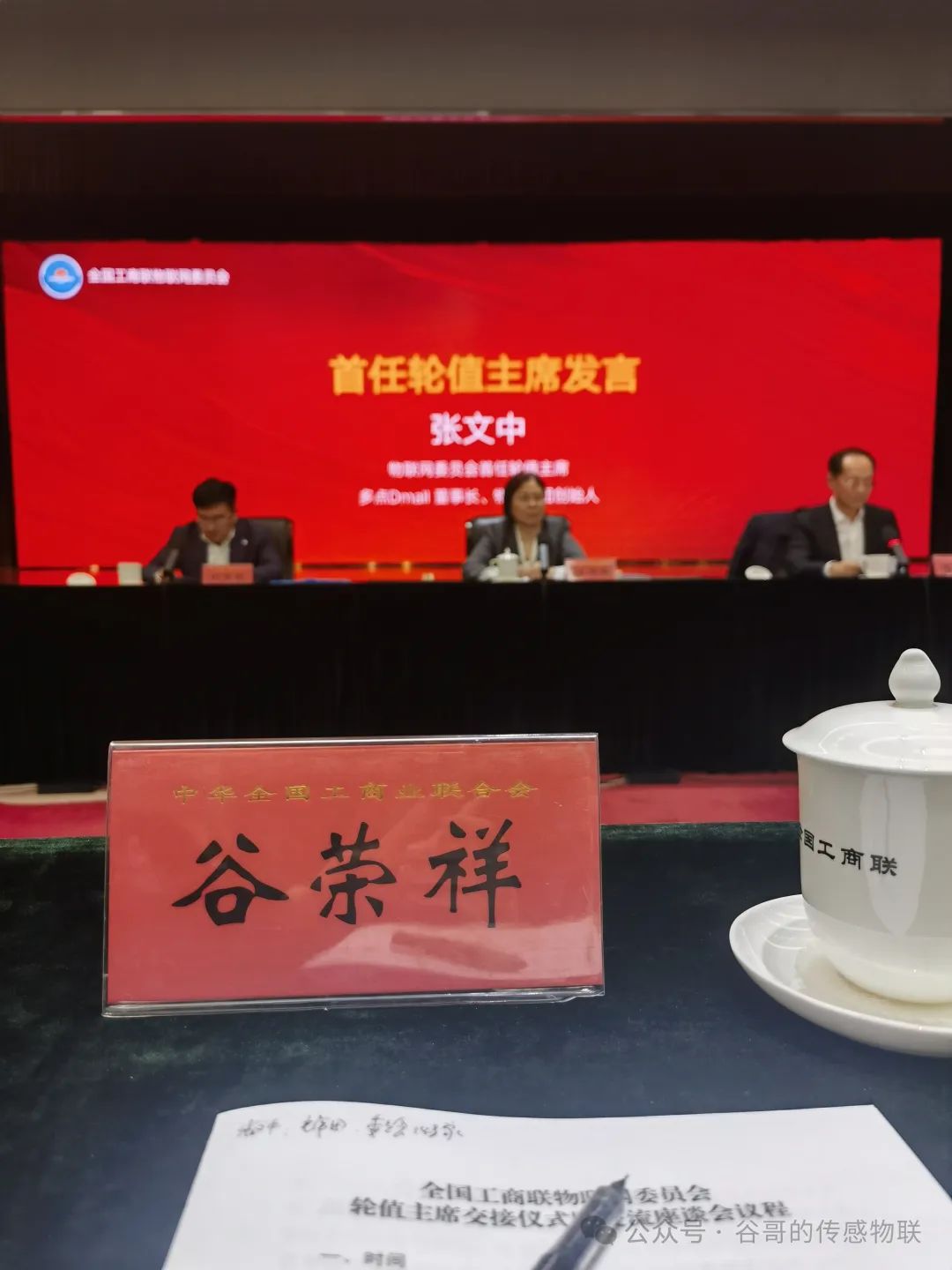
In recent years, with the emergence of advanced technologies such as artificial intelligence and 5G communication, and the proposal and promotion of big concepts in China such as the digital economy, low-altitude economy, silver-haired economy and future economy, as well as the implementation of urban new infrastructure and even specific urban lifeline construction, broad development space and opportunities have been provided for the Internet of Things technology and industry.
Meanwhile, with the continuation and intensification of the China-US trade war and technology war, new challenges have also been brought to our development. The core chips of the Internet of Things, key intelligent sensors, low-power consumption technology, self-powered energy technology, micro operating systems and the security of Internet of Things terminals have successively become problems that we urgently need to solve. The Internet of Things technology is rather complicated and the standard system is also rather chaotic. In terms of large-scale promotion, new challenges are also faced. Everyone is building platforms, resulting in repeated construction, and there are not many advanced and practical platforms.
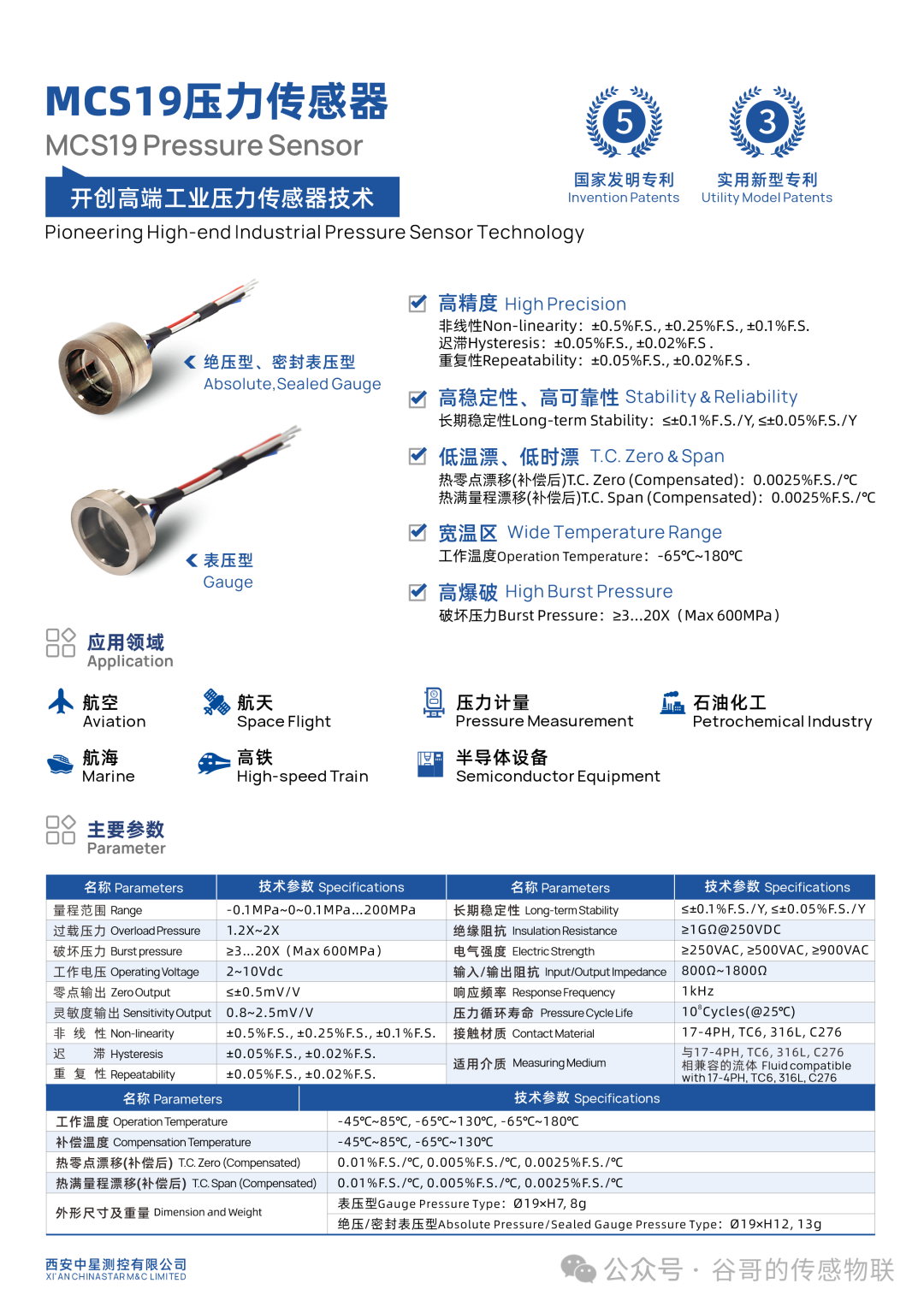
The industrial chain of the Internet of Things is relatively long and involves a wide range of specific technologies and industries.
Specifically regarding the trend of the technological development of the Internet of Things, as the basic intelligent sensors of the Internet of Things are showing trends of miniaturization, low power consumption, low cost and high intelligence;
The wireless module technology of the Internet of Things is showing trends of small size, low latency, large capacity, low power consumption and good environmental adaptability;
The credibility and security of networking technology have become necessary conditions; the trend in the industrial application of the Internet of Things is showing diversification and segmentation.
In the production field of the Internet of Things, the remote fault diagnosis of large equipment and equipment health early warning have been widely applied, and 5G intelligent factories and lights-out factories are constantly emerging.
In the life field of the Internet of Things, smart cities, smart homes and intelligent connected vehicles have been widely promoted. In short, industry applications drive the development of Internet of Things technology, and the development of Internet of Things technology promotes the Internet of Things applications in thousands of industries.
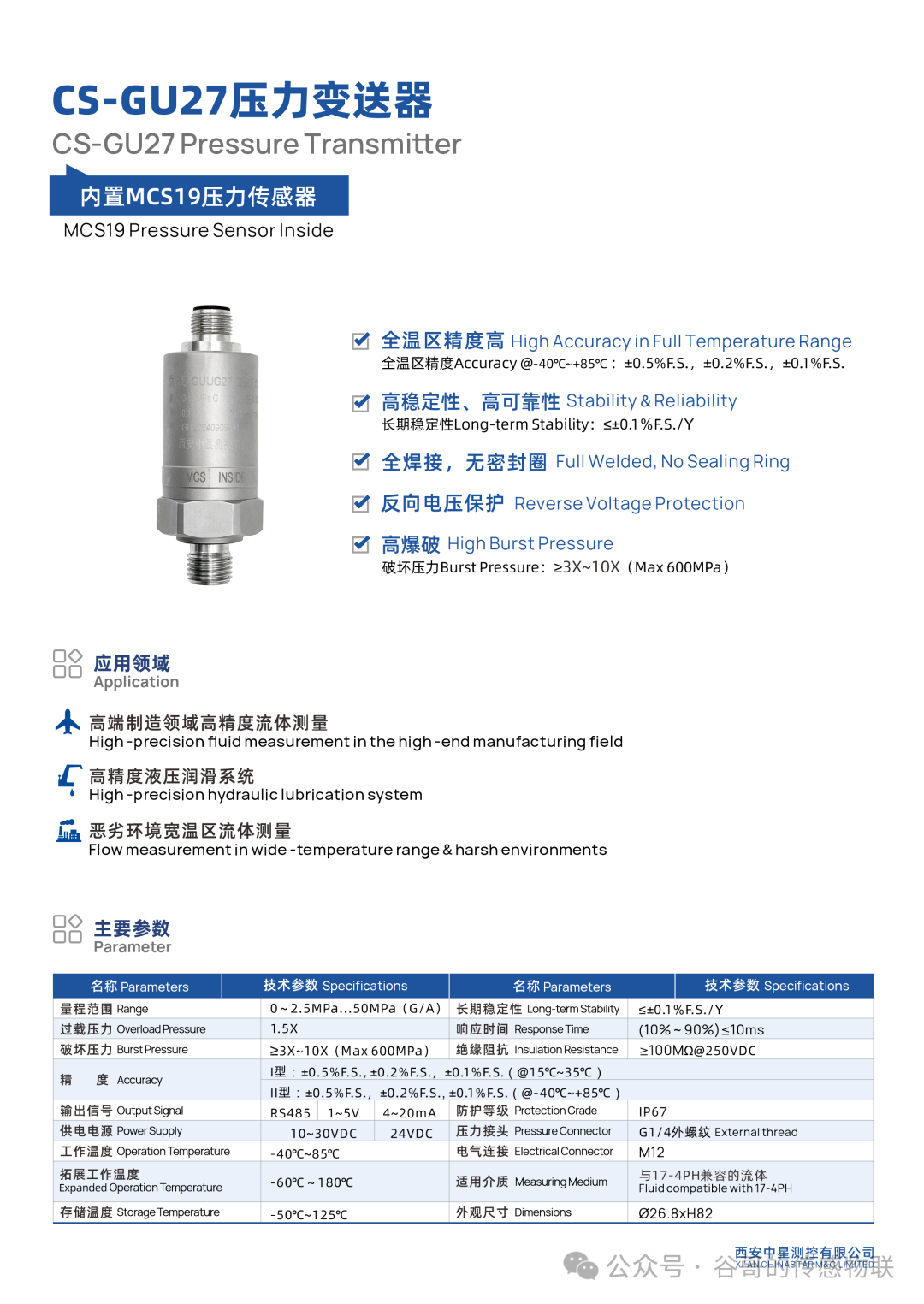
Since 2010, Xi'an Chinastar M&C Co., Ltd. has been engaged in the R & D and production of Internet of Things basic hardware and intelligent sensors, especially dozens of kinds of wireless and intelligent sensor hardware in smart cities, smart blocks and smart communities.
In the past two years, in response to the requirements of customers, it has expanded from hardware to overall solutions and focused on the intelligent manhole cover monitoring system, the urban waterlogging intelligent monitoring system and the smart elderly care hardware and platform. Among them:
The wireless intelligent manhole cover abnormal movement sensors have been installed in nearly 100,000 units in China, covering more than 30 large and medium-sized cities. Famous projects include the double manhole cover guarantee project for the Beijing Winter Olympics and the project for the Summit of the Heads of State of the Five Central Asian Countries in Xi'an;
The urban waterlogging intelligent monitoring system, the automatic water level monitoring and alarm system for more than a dozen overpasses in Xianyang City, Shaanxi Province, has been operating stably since its completion in 2018 and has played a demonstrative role. This year, several cities have been actively negotiating with us;
The smart elderly care hardware "iHelp” Mobile Personal Emergency Response System was widely used in the United States with 3G communication before 2019 and was widely used in China during the 4G stage. There are both personal APP applications and applications on the elderly care platform.
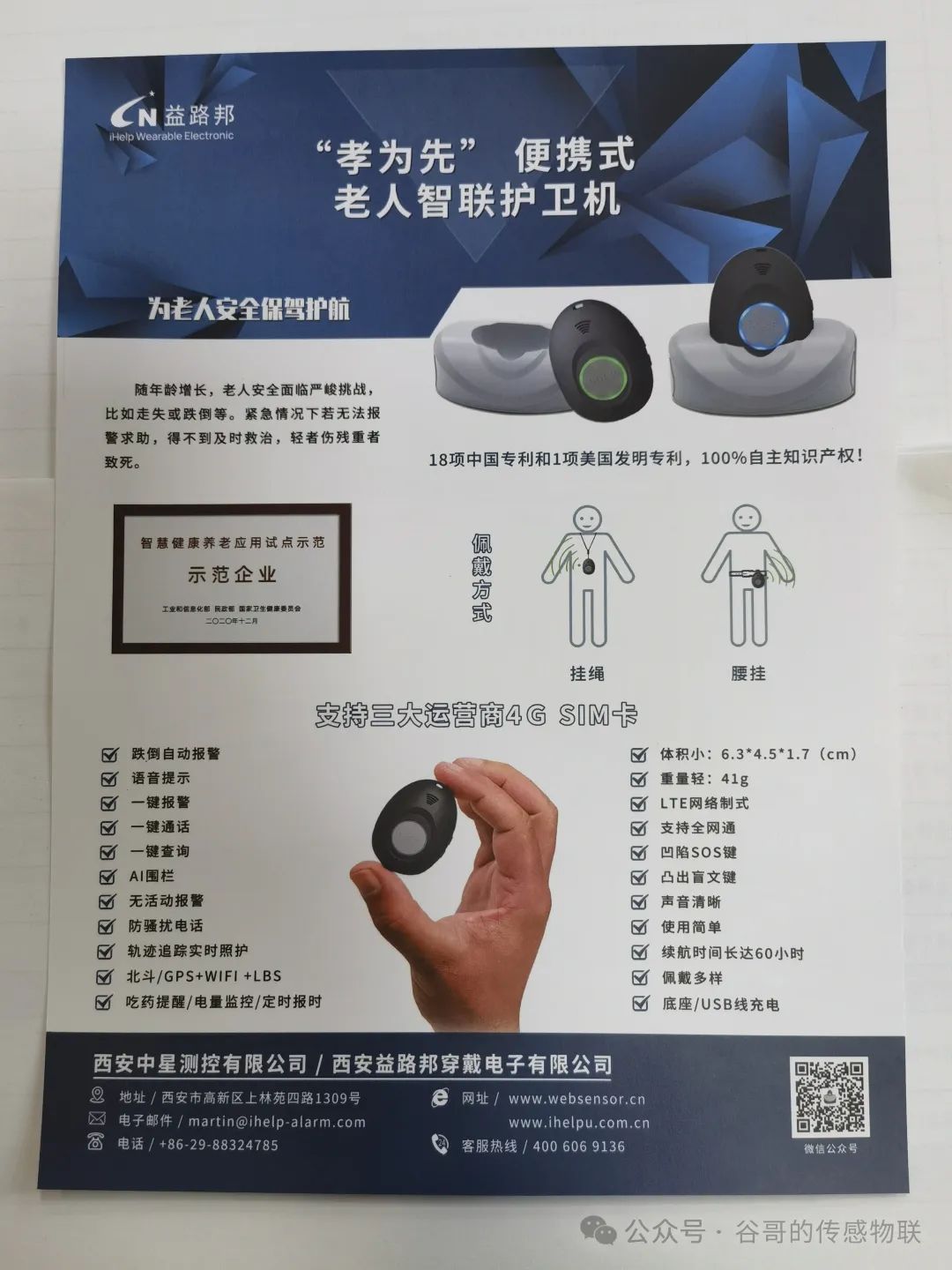
The wireless intelligent parking sensors, wireless intelligent trash can overflow sensors and Internet of Things systems have been exported to more than ten foreign countries.
In the future, Xi'an Chinastar M&C Co., Ltd. will continuously meet the different needs of domestic and overseas customers, focus on certain aspects while having various projects, and continuously promote China's Internet of Things technology and applications to the whole country and the global market.
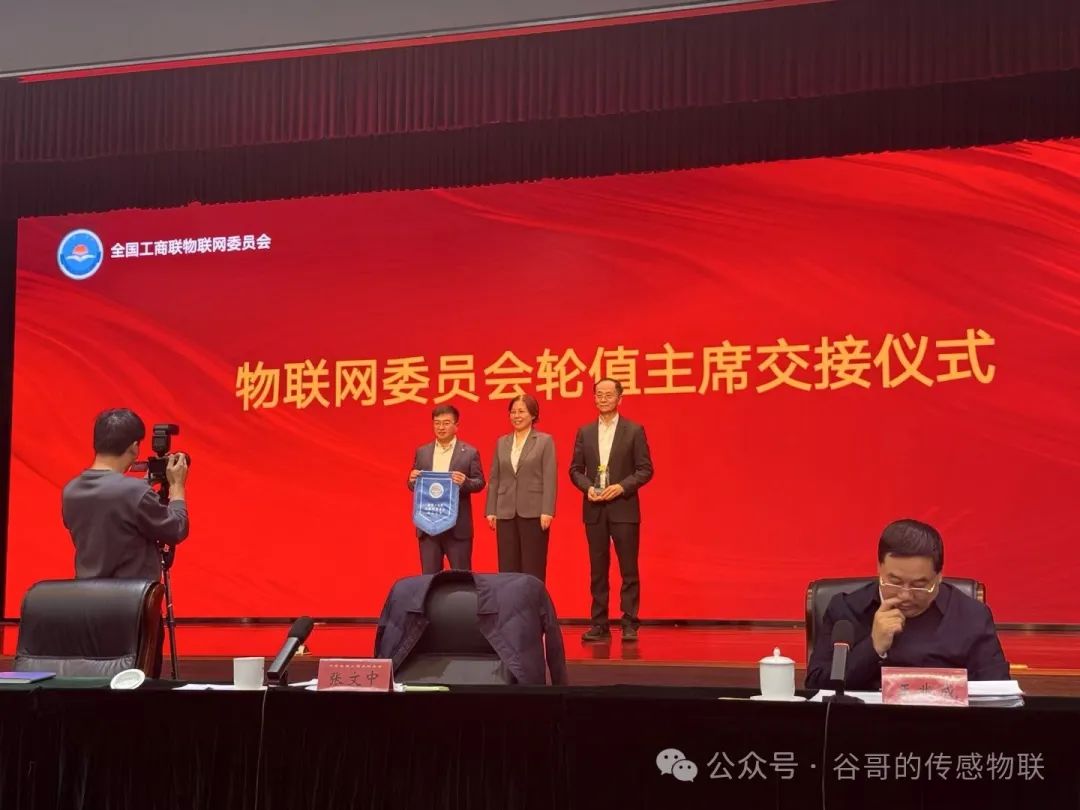
Mr. Zhang Wenzhong, the first rotating chairperson of the All-China Federation of Industry and Commerce, handed over the flag to the new rotating chairperson Mr. Gong Shukai under the witness of Ms. Wang Hongyan, vice chairperson of the All-China Federation of Industry and Commerce.
#2024.12.10.20.33 Beijing Century Jin Yuan Hotel#






